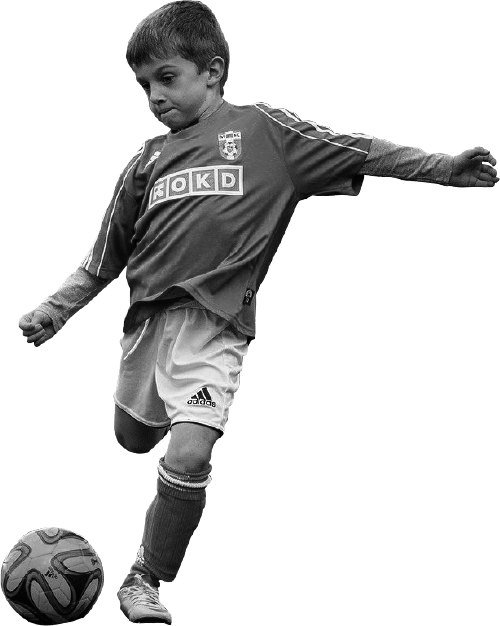The medical and sports history is taken into account and then specific biomarkers of the athlete (in a blood sample) are measured. Interpretation of biomarkers is achieved for:
- health status
- metabolic health
- nutritional quality
- developing targeted nutritional advice
- hydration status
- possible muscle strain
- injury risk
- overtraining (ex. training load)
- balance between training and recovery
- inflammation
- understanding of acute and/or long-term alterations
- physical development of children
- cardiovascular endurance
- improvement of athletic performance
The interpretation of the measurements of appropriate biomarkers is the scientific proof for the understanding of each athlete’s profile. Qualitative and quantitative recording of biochemical data, guide TalentID team (strength and conditioning coach, sports psychologist, nutritionist, physiotherapist) to understand individual needs. For example, by taking information about muscle strain, cardiovascular endurance, hydration, etc., it is possible to interpret the athlete's physical condition and performance. Accordingly, overtraining, injuries and the occurrence of diseases can be avoided. It is also possible to draw conclusions during periods of recovery.

For young athletes biomarkers can assist talent development processes.
The results of biochemical evaluation can often lead to pivotal adjustments to diet, starting to take supplements, changes in training load intensity and/or training frequency. For young athletes, biochemical conclusions can help in choosing the right sport (in case the athlete has shown interest in many sports).




